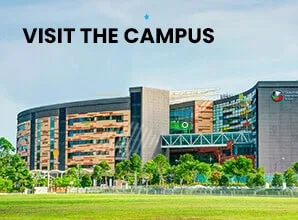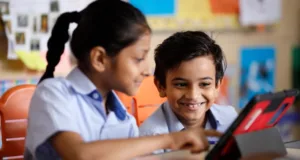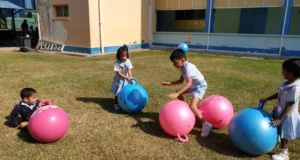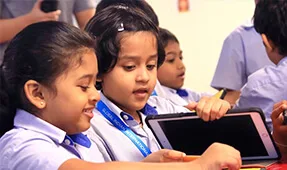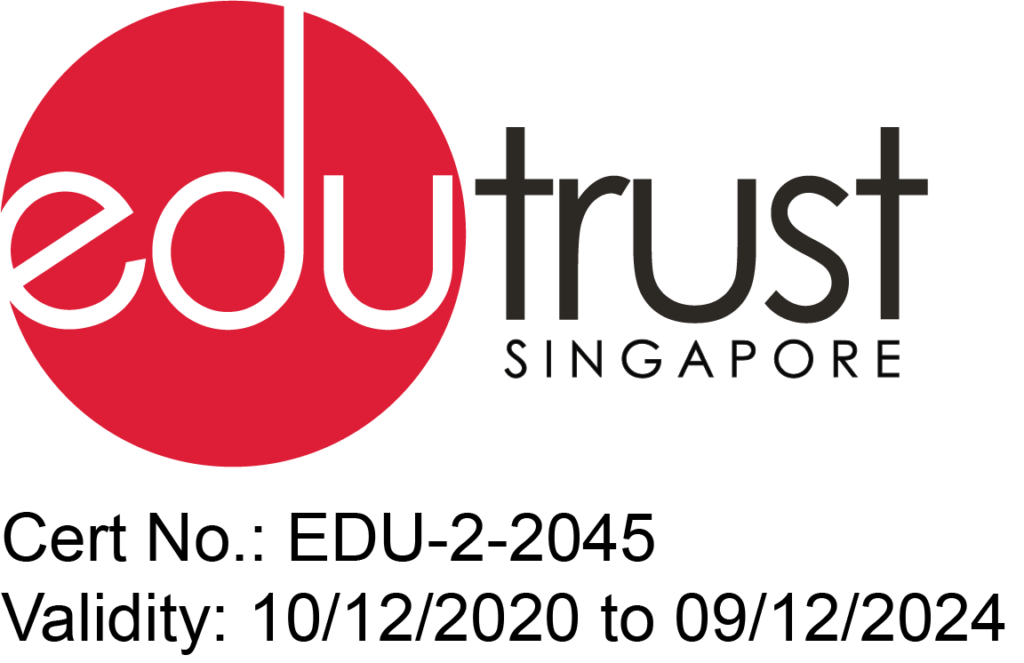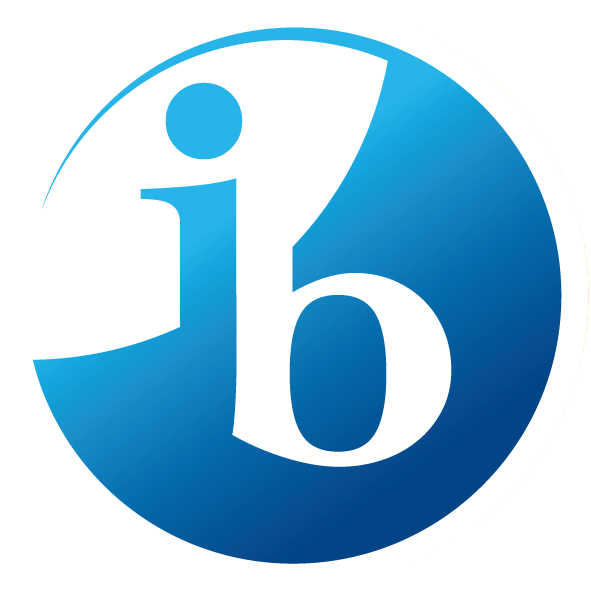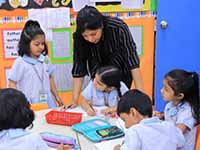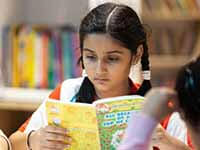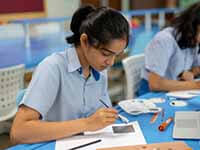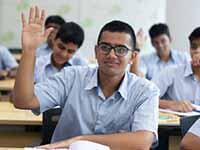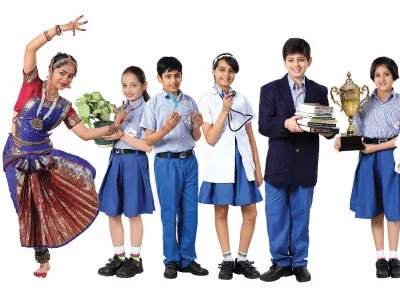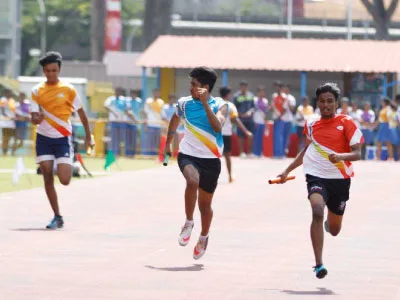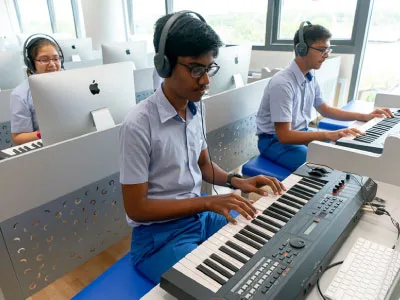For over three decades now, scientific research has suggested that the most critical time for human development is from birth till the child is eight years old. The speed at which learning happens during these foundational years is unparalleled as compared to the learning that takes place throughout childhood and adolescence.
As per Unicef, while learning through play is pertinent throughout the early childhood years and beyond, it is between the ages 3 and 5, often termed the ‘preschool period,’ that children undergo rapid growth in language, social-emotional and cognitive abilities.
This stage highlights the significance of activities like play, reading and interaction with peers, seen as vital in early childhood education. Both at home and in early education settings, these engagements foster development.
The development of cognitive skills, social competence, emotional wellbeing and robust physical and mental health, during this phase, leads to smoother transition into adult life success. Play, especially during preschool years, enables exploration of surroundings, fuelling imagination and nurturing creativity. Thereby, laying a foundation for holistic development.
How does play help in tapping learning potential
Here are some ways play helps:
● Play allows children to express themselves, and to make a sense of the world around them. Thereby, guiding them to meaningful learning experiences.
● Play involves active engagement of children as they often become deeply involved in playful activities – combining physical, mental and verbal engagement.
● Play-based learning is dynamic in nature as children get to practise skills, try out new possibilities and discover challenges – while enjoying the process all along, which adds to the benefit.
● Play enables children to communicate their ideas and understand others through social interaction, paving the way to build deeper relationships.
● Another significant aspect of play is agency and control. These refer to the initiatives children take and the decisions they make as part of self-choice in play.
Also read: Developing strong numeracy skills for preschool students
Early childhood education at GIIS
At GIIS, our youngest learners, aged 3 to 5, benefit from our Montessori-inspired curriculum – Global Montessori Plus (GMP) preschool programme. It offers a stress-free early childhood education, blending traditional Montessori methods with modern pedagogical approaches like Multiple Intelligences.
The curriculum aims to shape our early learners into confident individuals who are ready to explore the world around them.
Early Years at GIIS is spread across three grade levels: Nursery, K1 and K2 with five foundational pillars. These include developing language fluency, numeracy skills, experiential learning, technology relevant for young learners and interactive games to build their cognitive, motor and expressive skills.
Embracing play at GIIS
At GIIS, our iPlay programme is one of the five foundational pillars of the curriculum as we believe that play is an essential part of learning for students. Under the guidance of our early childhood teachers, our students are encouraged to interact with their surroundings in a fun and creative way, improving their language skills, spatial awareness, critical thinking abilities and socio-emotional skills.
Play is integrated into the educational approach as children absorb knowledge effectively through playful experiences. Our preschool students also participate in STEAM activities on a regular basis. They use manipulatives and have access to various classroom resources for engaging sessions.
Rema Rajiv, GIIS’ Early Years coordinator, says, “When we talk about play, we actually categorise them into the development of fine motor skills and gross motor skills. To develop and enhance fine motor skills, we have a lot of indoor activities. Fine motor skills lead to the development of the child’s fingers and the wrist movement. When that gets developed well, it helps the way the child holds the writing instruments with a refined pincer grip. At GIIS children are given plenty of opportunities with the classroom resources and manipulatives to work with and engage in fine motor skill activities.”
When it comes to gross motor skills, it’s all about outdoor activities – for example, jumping, running, skipping, cycling – which are more physical in nature. Our preschool furniture, facilities and play-areas are also customised for our youngest students.
“Our students are given various opportunities to have fun and learn through different activities held on an everyday basis. Sometimes teachers organise games for students with a purpose in mind eg. development of flexibility or agility etc, and very often students engage in free play, having the choice to play with a plethora of equipment giving them the freedom to choose.
“In our Creation Station, we have a Dramatic Play corner for pretend play activities and a Construction Corner for block play. Blocks are set down, children dress up, trying to put on zippers, colouring and creating using their imagination. These activities help them to refine both their fine and gross motor skills. Our Montessori Lab is amply equipped with hands-on materials in five areas of Practical Life, Sensorial, Language, Math and Cultural Studies to reinforce what has been introduced to the students in the classroom,” she adds.
When you talk of learning through play, there’s a lot of development that happens through play. It is not just physical development, there is language development, cognitive development, social-emotional development apart from creative development that happen through these experiences.
“If I see a child playing with manipulatives, creating something, and I ask him or her what is it? I remember a child who was using blocks to create what looked like a tower to me told me it was a giraffe that he had built. So, it’s the child’s perspective, which is equally important to understand,” Ms. Rema adds.
Extended preschool hours at GIIS
Our extended GMP programme (12.30pm-3.30pm) provides after-school additional sessions to students who opt for the extended preschool hours. Our caring and experienced teachers provide a safe and nurturing learning environment.
Our preschool programme, encompassing extended hours for Nursery, Kindergarten 1 and Kindergarten 2 students include dance, music, percussion (tabla), basics of coding (technology) and physical activities.
Well-rounded development
Parents can gauge a child’s enjoyment during playtime by observing their focus and expressions of joy. Even seemingly mundane actions, like pouring water between containers repeatedly, can constitute play. Such activities aid in skill mastery and enhance psychomotor abilities.
At GIIS, our preschool programme fosters holistic development with a balanced focus on academics and skills enhancement. Early learners at GIIS develop social competence, self-assurance, and cognitive abilities, guided by our dedicated educators within our school’s child-friendly atmosphere.
If you are keen to know more about the preschool curriculum at GIIS, please feel free to contact our admissions team.
